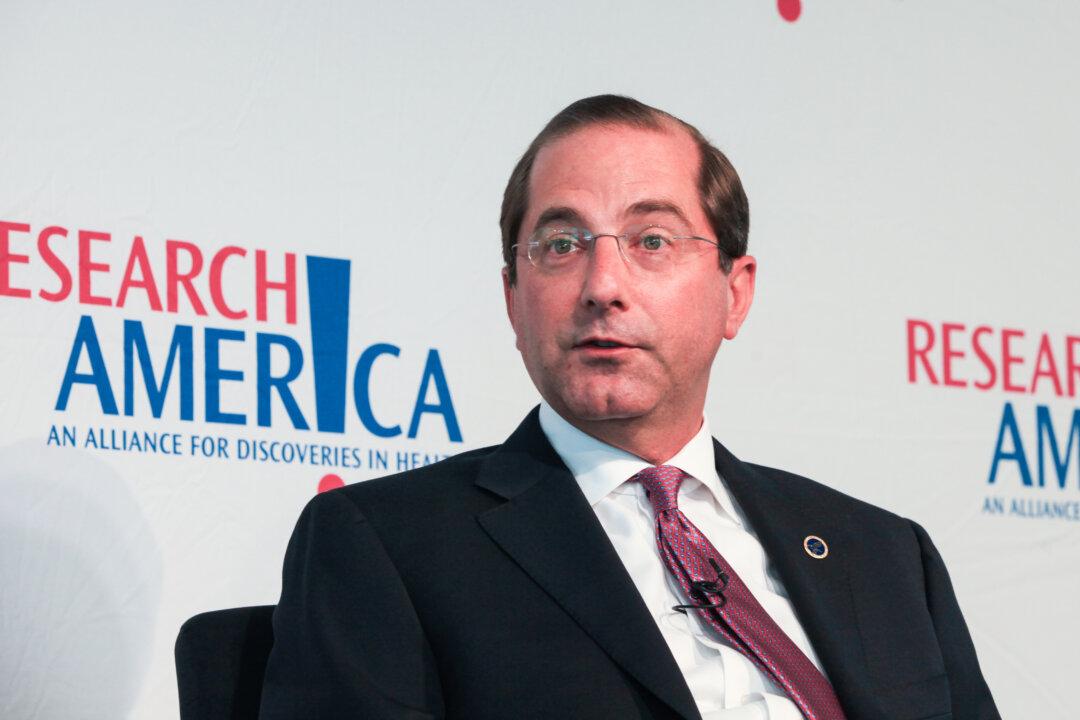The Trump administration issued two final rules Nov. 7 that would expand the number of exemptions for businesses, organizations, and individuals that object to certain contraceptives from having to carry health insurance that covers them.
Under the Affordable Care Act (ACA), also known as Obamacare, insurance plans that were grandfathered in were not required to provide contraceptive coverage, exempting “tens of millions of people,” according to the Department of Health and Human Services (HHS). The ACA has required any new plans since 2012 to cover birth control, and it also required that those services—which had to be FDA-approved—be offered at no cost to the patient.






